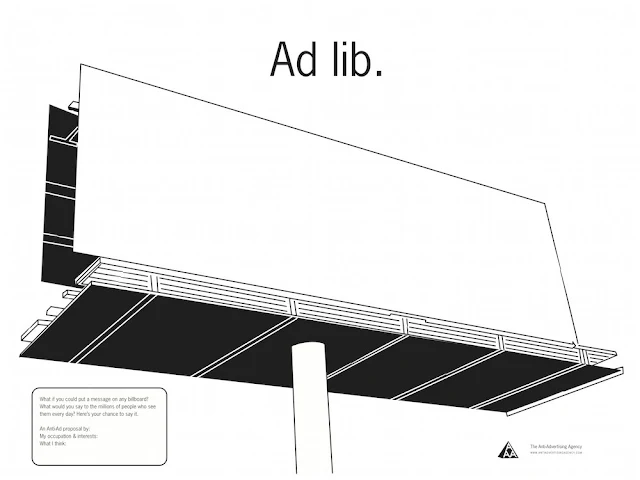 |
| It is time for a better ride, one centred on love and freedom. |
Comic and cultural commentarian Bill Hicks was born 4 days before I was in the heady hippy winter of 1961. Although we both came to be teachers, my approach was gentle (and in a classroom) while his lessons from the stage were harsh and in your face. His natural talent as a performer, coupled with his uncompromising abrasiveness proved to be effective.
From the time Hicks was a boy of 15 he was on stage sharing his insights and serving audiences with not only uncomfortable truths, but also a good measure of humour.
His "The World Is Like A Ride" piece has always appealed to me, although it isn't really funny.
Enlightening, perhaps. Or with the recent attacks on other truth-tellers such as Julian Assange, Bradley Manning, Aaron Swartz and Edward Snowden it is more accurate than ever. As Hicks says in the piece that follows, "we always kill the good guys who try and tell us [the truth]".
Anyone brave and altruistic enough to reveal the illusion perpetrated by those who benefit from the mad pursuit of power and profit are discredited, silenced in jail, or outright assassinated.
"The world is like a ride in an amusement park, and when you choose to go on it you think it's real because that's how powerful our minds are. The ride goes up and down, around and around, it has thrills and chills, and it's very brightly colored, and it's very loud, and it's fun for a while.
Many people have been on the ride a long time, and they begin to wonder, "Hey, is this real, or is this just a ride?" And other people have remembered, and they come back to us and say, "Hey, don't worry; don't be afraid, ever, because this is just a ride." And we … kill those people.
"Shut him up! I've got a lot invested in this ride, shut him up! Look at my furrows of worry, look at my big bank account, and my family. This has to be real."
It's just a ride. But we always kill the good guys who try and tell us that, you ever notice that? And let the demons run amok … But it doesn't matter, because it's just a ride.
And we can change it any time we want. It's only a choice. No effort, no work, no job, no savings of money. Just a simple choice, right now, between fear and love. The eyes of fear want you to put bigger locks on your doors, buy guns, close yourself off. The eyes of love instead see all of us as one.
Here's what we can do to change the world, right now, to a better ride.
Take all that money we spend on weapons and defence each year and instead spend it feeding and clothing and educating the poor of the world, which it would pay for many times over, not one human being excluded, and we could explore space, together, both inner and outer, forever, in peace."
- Bill Hicks
Today in my own country Hicks would probably be labelled a "multi-issue extremist" or "economic terrorist" and barred from entering.
Unfortunately the power of his pointed wit will not be unleashed on the sad state of affairs that threaten the people's desire to "create a better ride".
Hicks died of pancreatic cancer in 1994.
































